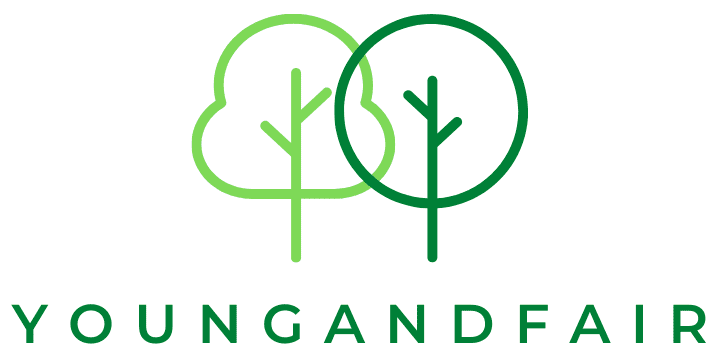Breaking down the Fair in “Fair Food”?
What does fair food mean to you? Global governing bodies like the UN’s FAO have increasingly called for fairness in their definitions of sustainable diets. However, the definition of what is fair leaves much room for interpretation. Inspired by the festivals mission to promote engagement on the topic of fair and sustainable food systems, I asked my fellow organizing members of Young & Fair’s Food For Thought Festival to share their thoughts on what fair food means to them. As a result of this exercise, we have come to the consensus that for food to be fair, it must be considered:
- Fair for consumers,
- Fair for producers,
- Fair for future generations.
Fair for Consumers
The Food for Thought Festival believes that for food to be fair, then we as consumers should be able to access sufficient information to guide our food purchasing decisions, and when deemed necessary, exercise our purchasing power to influence sustainable changes on behalf of food producers. As Bart our logistics coordinator explains:
“A lot of people, including myself, are motivated enough to make the right choices based on our own judgement. With Food For Thought, we aspire a world where it’s perfectly normal to have access to objective information about all links in the production chain of food. I believe transparency is key in making for better conscious decisions and discussions about our consumption.”
Bart Roozen – Food For Thought Logistics Coordinator


Fair for Producers
Secondly the Food For Thought Festival forwards that for food to be considered fair, it must also be fair for producers. According to the , smallholder and family farms are estimated to account for 90% of the worlds farms. Yet at the same time, this group of producers represent “the majority of people living in poverty ( ). In light of these facts, we believe that the producers of our food should be paid fairly for their work, and should have the opportunity to earn a living wage for their efforts.
As summed up by Simone, Food Food for Thought Festivals Programming Coordinator:
“Fair food to me means that the food is produced in an ethical way which is good for all the people involved, so every step of the food chain.”
Simone Bisscheroux: Food For Thought Festival Program Coordinator


Fair for the Future
Lastly, the Food For Thought Festival forwards that for food to be considered fair it must be fair for future generations. It is a fact that the production and consumption of food is a key contributor towards global climate change and food insecurity. If such trends are to continue unchanged, then future generations may well experience challenges regarding: food availability, food accessibility, food utilization and overall food system stability ( ). With this being the case, Food for thought believes that for food to be fair, its production and consumption should not impact the capacity for future generations to access the fuel it needs to solve tomorrows challenges.
“Fair food to me means food that has been produced in “fair circumstances”. This means that the producers of these fair products will have been paid a fair price which they can invest in things like school and the future. If it is really fair, the product is also produced in a sustainable way to make sure future generations also have a fair chance in this world. “
Lotte Oosterhek: Food For Thought Festival Project Leader


How can we as consumers help make food fair for future generations?
According to the , it is estimated that Dutch consumers throw away 8%- 11% of all food purchased, totaling at least “EUR 2,400 million worth of edible food per annum.” This is number too high. Not only does such waste contribute to increases in ghg emissions, but it also limits the amount of food available for others to enjoy.
Therefore, Food For Thought Festival believes that we as consumers can help make food fair for by acting on our responsibility to limit waste generated by the food we buy, and by making informed purchasing decisions. In doing his part, our graphic designer Glenn explains how he limits his food waste:
“In my daily life I often buy the ‘misfits’ or how they call it in Dutch: buitenbeentjes, from vegetables or fruit. Such a shame that these are often overlooked and thrown away. Besides that I like the challenge to make great dishes from leftovers, so that there is less food waste is in my household.”
Glenn van Pinxteren: Food For Thought Festival Design Coordinator


Conclusion
At the end of the day, the Food for Thought Festival understands that for food to be considered fair, it must be fair for consumers, fair for producers, and fair for future generations. What are your thoughts on what fair food means? Have we missed any aspects you believe should be included in how Young & Fair and the Food for Thought team treats fair food? Please feel free to share your thoughts and add to the growing discussion on the fairness and sustainability of our food systems.
Lastly, please make sure to follow our instagram page and check our website regularly to learn more about the festival (links below)! The festival is currently planned to be held in the Summer of 2021 at the Haarlemmer Kweektuin in Haarlem (subject to change as a result of coronavirus). We hope you will join us to taste and learn about fair and sustainable food in the Netherlands.
Link:
Geschreven door: Eric Little – Food For Thought Festival Communications Coordinator

